I recently paid a visit to a cow with a sore eye that was not improving, despite regular treatment by the herd owner.
On closer clinical examination, a serious condition called squamous cell carcinoma (SCC) was diagnosed. SCC is the most frequently diagnosed cancerous tumour in the bovine eye, which often results in condemnation at slaughter, with the farmer suffering significant economic loss as a result. Older cattle (older than five) are more susceptible to this condition.
There are many factors involved, including heritability, exposure to sunlight, nutrition and lack of eyelid pigmentation. Viruses may also play an important role, especially if the animal’s immune system is compromised.
The lesion usually starts off as a harmless plaque on the conjunctival surface, the eyeball itself or the third eyelid. It then progresses to a more aggressive and malignant stage, a pink fleshy growth, which often invades the eye itself and the surrounding orbit.
At this stage, it is highly malignant and can spread to the lymph nodes of the eye and head, as well as other body organs, such as the lungs and liver. Bleeding and weeping often occur, with secondary bacterial infection resulting in a festering foul-smelling growth.
These tumours can be painful and will often attract flies during the summer months.
If caught early, surgical removal of the lesion itself may be possible, without the need for eye removal. Enucleation or eye removal can be performed if the tumour is well advanced, bearing in mind that reoccurrence is likely. Severely affected animals need to be culled as soon as possible.
However, large and ulcerated tumours with a detectable odour may cause pain and distress during transit, with the animal therefore not considered fit for transport. Herd owners must inspect stock regularly, as early detection cases will suffer less discomfort. The heritability factor must also be kept in mind, as SCC can be controlled through selective breeding.
*Donal Lynch owns and runs Donal Lynch Veterinary, Tullamore, Co Offaly, part of XLVets, a group of progressive practices working together to achieve a better future for agriculture and veterinary in Ireland. Visit www.xlvets.ie.



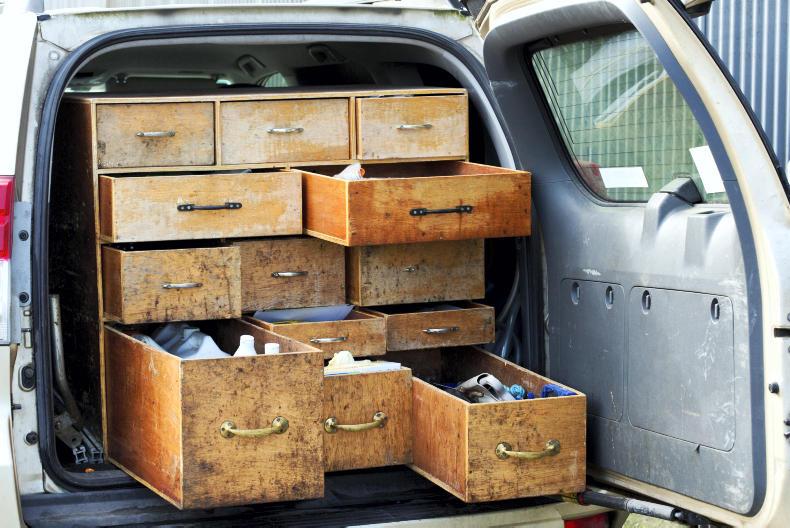

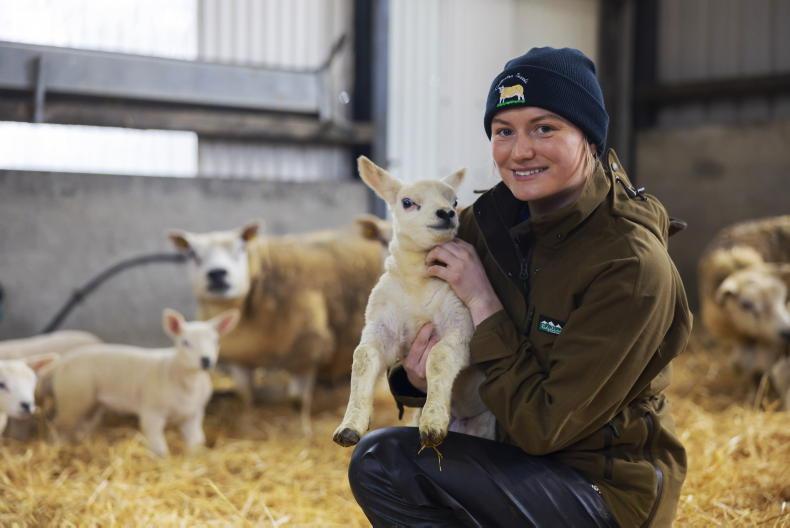
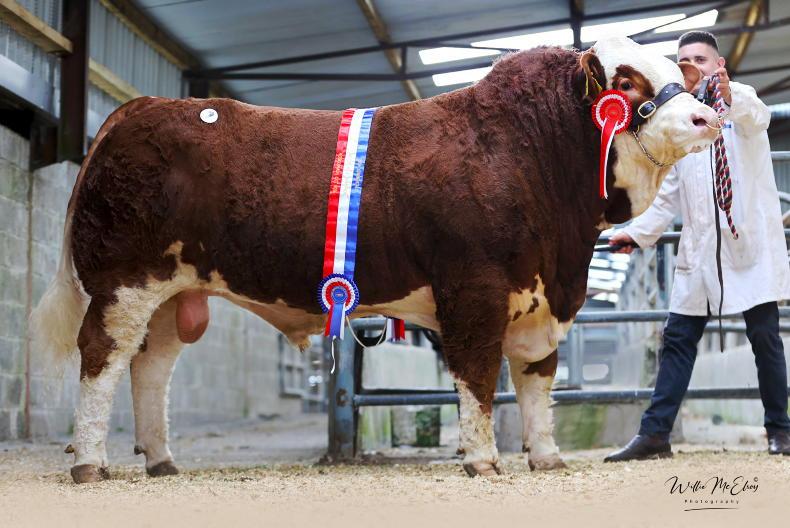
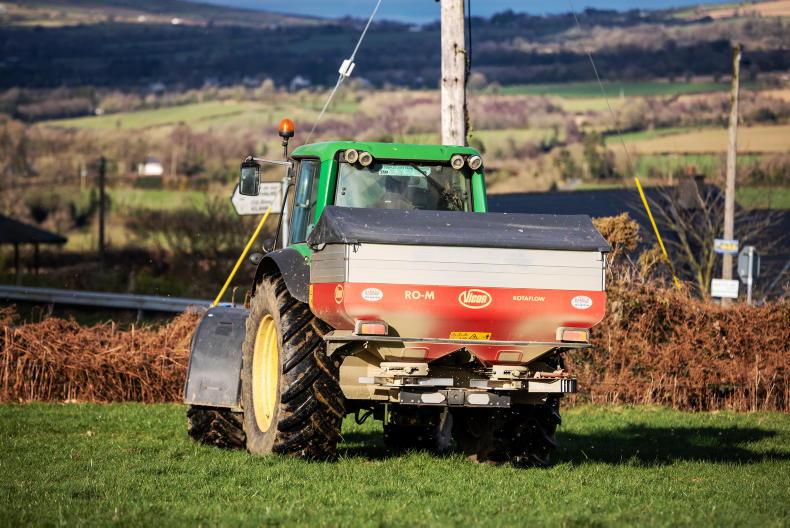
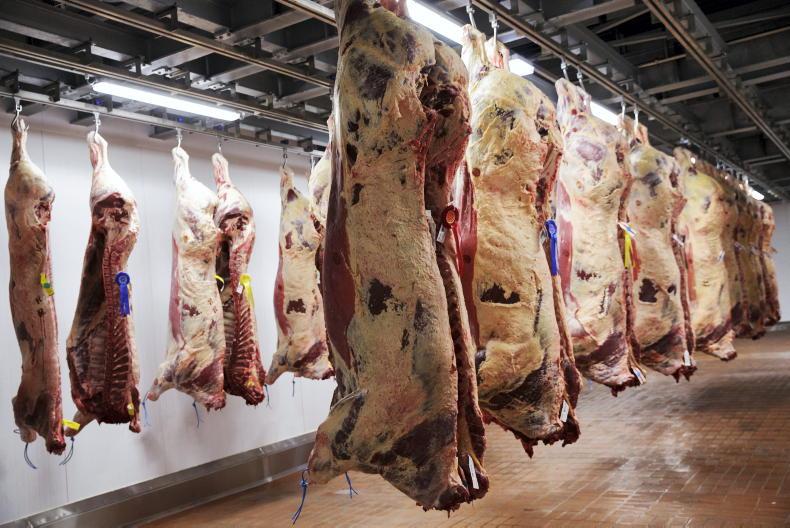
SHARING OPTIONS